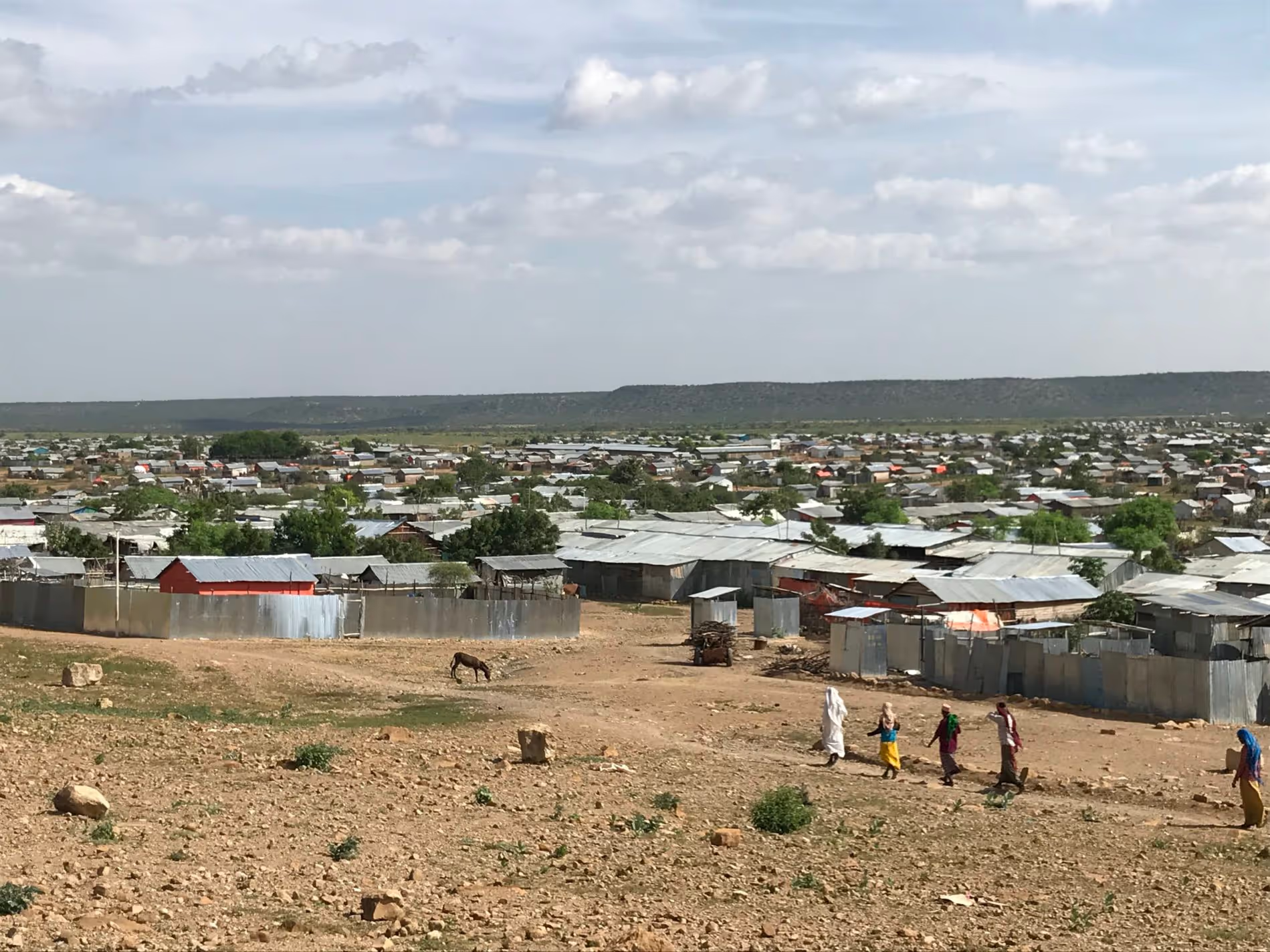Our diffusion journey so far: Unite for a Better Life

In 2019, our team was awarded a diffusion grant from HIF to support the scaling of our innovation which addresses intimate partner violence (IPV) among displaced populations.
The first phase of the project began in 2016 with an innovation grant from HIF. Unite for a Better Life—an in-person curricular-based IPV prevention program delivered to groups of women, men or couples within the context of a cultural practice or ceremony—was adapted for the humanitarian context, and pilot tested among Somali refugees living in Dollo Ado, Ethiopia during this initial phase of the project.
Evidence suggests that IPV is the most common form of gender-based violence in humanitarian contexts, yet there are few effective IPV interventions for such contexts.
What happened when we piloted our innovation?
Our innovation, which in Dollo Ado is delivered within the context of tea talks, is helping to fill this evidence gap. The 2018 pilot study demonstrated high attendance rates, acceptability, relevance and utility of the intervention among the target population. Importantly, there were no reported cases of spousal conflict or violence as a result of participation in the program. This suggested that the program is safe and feasible to implement in this setting.
Participants also demonstrated increased knowledge on violence against women. They were less supportive of gender inequitable attitudes and IPV, and demonstrated improvements in HIV knowledge and attitudes.
These findings suggest that Unite for a Better Life has the potential to improve the lives of displaced women, girls, men and boys around the world through the reduction of IPV and its associated physical and mental health outcomes.
What are our goals for this diffusion grant?
Our goals for the diffusion journey focus on meeting end-user needs, building further evidence and ensuring sustainability of the program. To achieve this, the team is developing practical, field-friendly tools to facilitate implementation of the innovation by diverse stakeholders. We are now engaging the humanitarian and research communities to broadly disseminate findings generated thus far.
For example, we are working with a creative team in Addis Ababa to professionally package the Unite for a Better Life curricula, and with a consultant to create an intervention toolkit to facilitate effective intervention delivery.
In October 2019, our team presented findings from the first phase of the project at the SVRI Forum in Cape Town, South Africa, and at the Canadian Conference for Global Health. Other dissemination activities have focused on the local level. Project findings and lessons were shared with key stakeholders in Addis Ababa including UNHCR, the Administration for Refugee and Returnee Affairs, and other organisations implementing GBV programming within Ethiopia. Recently, our team conducted a field visit to Dollo Ado where stakeholders were convened and findings, lessons and next steps for the project were discussed.
Marking the International Day for the Elimination of Violence Against Women
On November 25 2019, on International Day for the Elimination of Violence Against Women, during our site visit to Dollo Ado, our team participated in activities with key stakeholders within the refugee camp to commemorate this important day. Beneficiaries of the project shared some of the impacts the program has had on their lives.
Almost one year after participation in the program, one woman described how her husband has become a major contributor to household tasks including childcare, cooking and fetching water. She described breaking free from traditionally held gender norms in her community:
"Previously we were in gender boxes, which were very dark. Now it is light."
Our hope is to contribute to lasting change among displaced populations.
Further rigorous testing of the intervention to measure impact on IPV outcomes is needed. We will continue to disseminate the lessons and evidence from this project to help address IPV in other humanitarian settings.
Stay updated
Sign up for our newsletter to receive regular updates on resources, news, and insights like this. Don’t miss out on important information that can help you stay informed and engaged.
Related articles


.png)
Explore Elrha
Learn more about our mission, the organisations we support, and the resources we provide to drive research and innovation in humanitarian response.